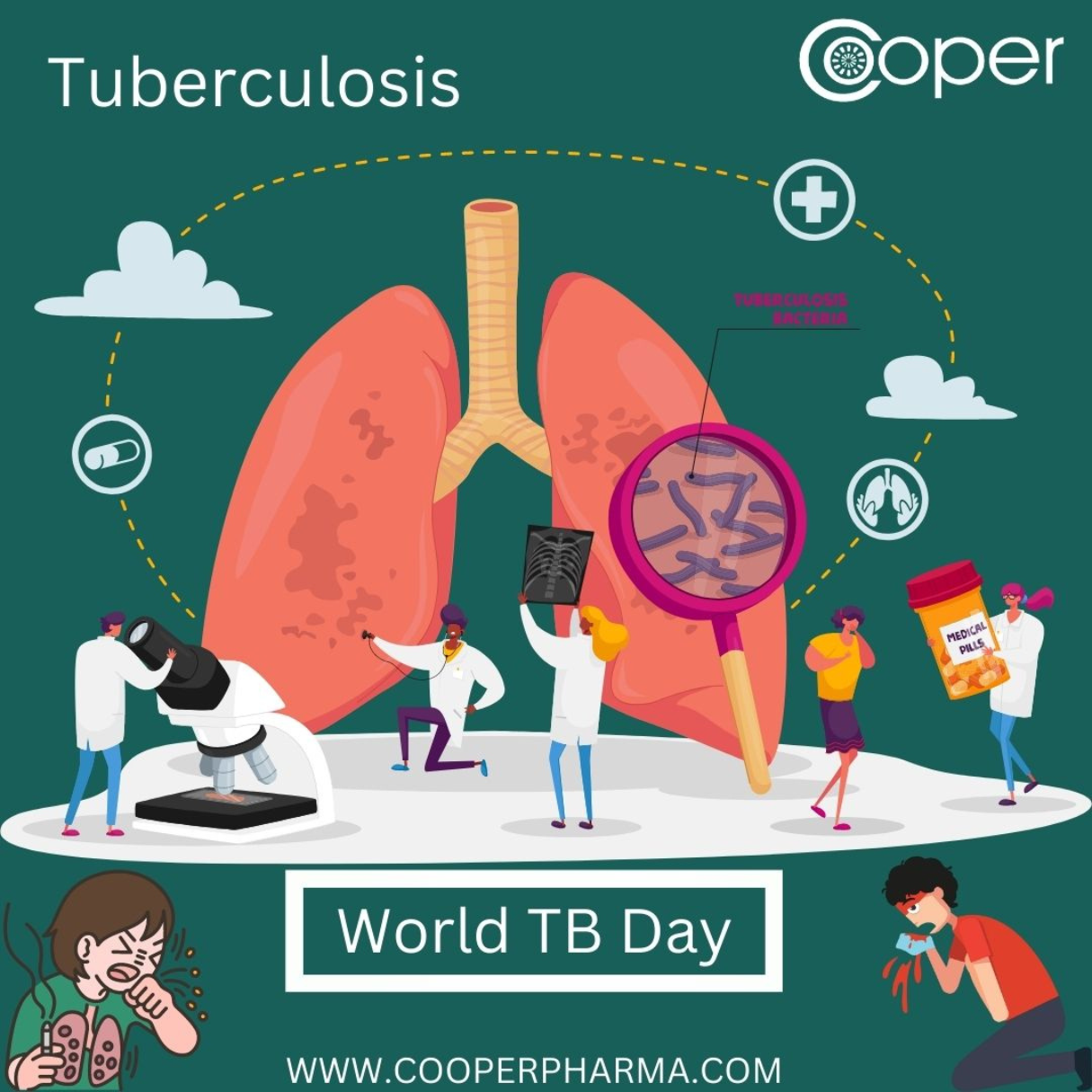Everything You Need to Know About High Blood Pressure (Hypertension)
Recent Blog
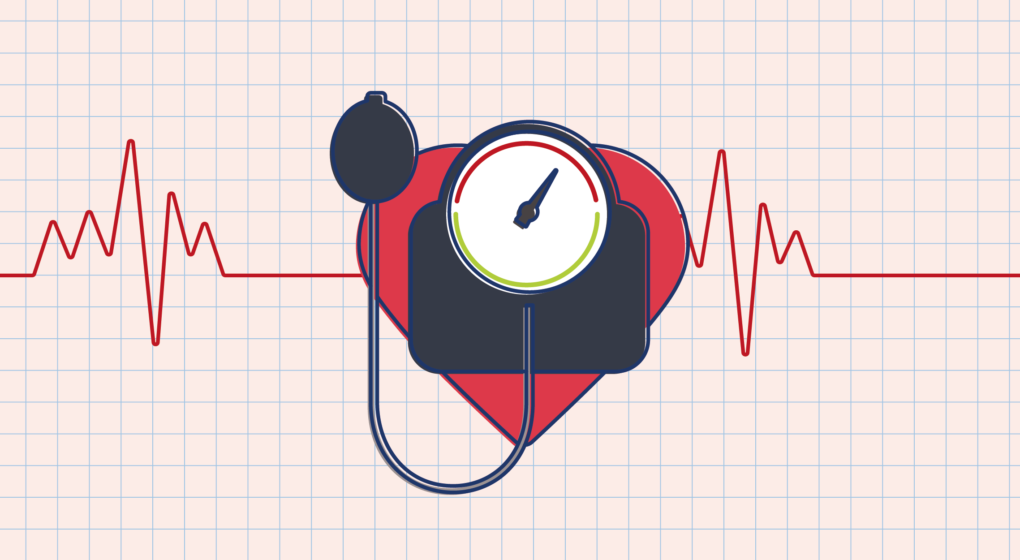
Everything You Need to Know About High Blood Pressure (Hypertension)
Date:- 2018-05-25 00:00:00
High blood pressure
High blood pressure or hypertension is a condition in which the force of the blood against your artery walls of the heart is high enough as it circulates through your body that it may cause health problems if it stays high for a long time such as the risk of heart disease and stroke. It may also lead to causes of death. Blood pressure normally rises and falls throughout the day. Blood pressure is determined both by the amount of blood your heart pumps and the amount of resistance to blood flow in your arteries. The more blood your heart pumps and the narrower your arteries, the higher your blood pressure.
|
BLOOD PRESSURE CATEGORY |
SYSTOLIC mm Hg |
|
DIASTOLIC mm Hg |
|---|---|---|---|
|
NORMAL |
LESS THAN 120 |
and |
LESS THAN 80 |
|
ELEVATED |
120 – 129 |
and |
LESS THAN 80 |
|
HIGH BLOOD PRESSURE |
130 – 139 |
or |
80 – 89 |
|
HIGH BLOOD PRESSURE |
140 OR HIGHER |
or |
90 OR HIGHER |
|
HYPERTENSIVE CRISIS |
HIGHER THAN 180 |
and/or |
HIGHER THAN 120 |
High blood pressure is a “silent killer”. Most of the time you might not feeling sick and there are no obvious symptoms by which you can determine. Many people with high blood pressure don’t even know they have it. Certain physical traits and lifestyle choices can put you at a greater risk for developing high blood pressure. When left portion of the heart untreated, the damage occurs that high blood pressure does to your circulatory system is a significant contributing factor to heart attack, stroke and other health threats. High blood pressure cannot be cured in a short period of time. It can be overcome and managed through lifestyle changes and it also requires medication when recommended. Normal blood pressure is important for proper flow of blood to the body’s organs and tissues.
Blood pressure is determined by
- the amount of blood pumped by the heart.
-the diameter of the arteries.
How is blood pressure measured?
Blood pressure is defined as the amount of pressure that is exerted on the artery walls as blood moves through them. It is measured in millimetres of mercury, or mmHg.
Two measurements are used to measure blood pressure:
- Systolic pressure - the measure of blood pressure exerted when your heart beats and forces blood around your body (the heart contracts).
- Diastolic pressure - the measure of blood pressure when your heart is resting in between beats (the heart relaxes).
Both the systolic and diastolic pressures are measured in millimetres of mercury (mmHg). A device that is used to measure blood pressure is known as “sphygmomanometer”. It consists of a cuff that can be inflated to stop the blood flow and mercury meter that is used to measure the blood pressure. It is commonly used along with the stethoscope.
The figures are usually represented with the systolic pressure first, followed by the diastolic pressure. Therefore, if your blood pressure is '120 over 80', or 120/80mmHg, they mean that you have a systolic pressure of 120mmHg and a diastolic pressure of 80mmHg.
For example, if pressure would be stated as 115 over 70. This means a systolic pressure of 115 mm of mercury is considered normal and a diastolic pressure of 70 mm of mercury.
Stressful situations can temporarily cause blood pressure to rise if a person has a consistent blood pressure. Readings of 140 over 90, this would be evaluated for high blood pressure. Regular blood pressure checks if diagnosed with high blood pressure. It is also checked regularly when you exceeding the age of 40’s. Adults who are over 40 and have not been diagnosed with high blood pressure should have their blood pressure checked at least once every five years. However, your blood pressure should ideally be checked more frequently, particularly if you have any contributory risk factors.
Causes of high blood pressure
- Family history
- Being overweight • Poor diet
- Too much salt
- Drinking too much alcohol
- Not exercising
- Cigarette smoking
- Kidney problems
Risks of high blood pressure
- Heart disease
- Heart failure
- Stroke
- Kidney disease or failure
- Eye problems
Symptoms
High blood pressure does not usually cause any obvious symptoms. Symptoms can occur in rare cases where a person has a very high blood pressure level so it is good to be aware of these.
The symptoms may include:
- headaches
- blurred or double vision
- regular nosebleeds
- shortness of breath
How to help prevent high blood pressure?
- Stop smoking
- Eat healthy foods
- Reduce your salt intake
- Drink less alcohol
- Maintain a healthy weight
- Increase physical activity – aim for 30 minutes or more of moderate intensity physical activity every day of the week
- Have your blood pressure checked regularly
- Take your medications as directed by your doctor
If you have any follow up questions, or are concerned about your blood pressure reading today, please do not hesitate to contact your health care provider.

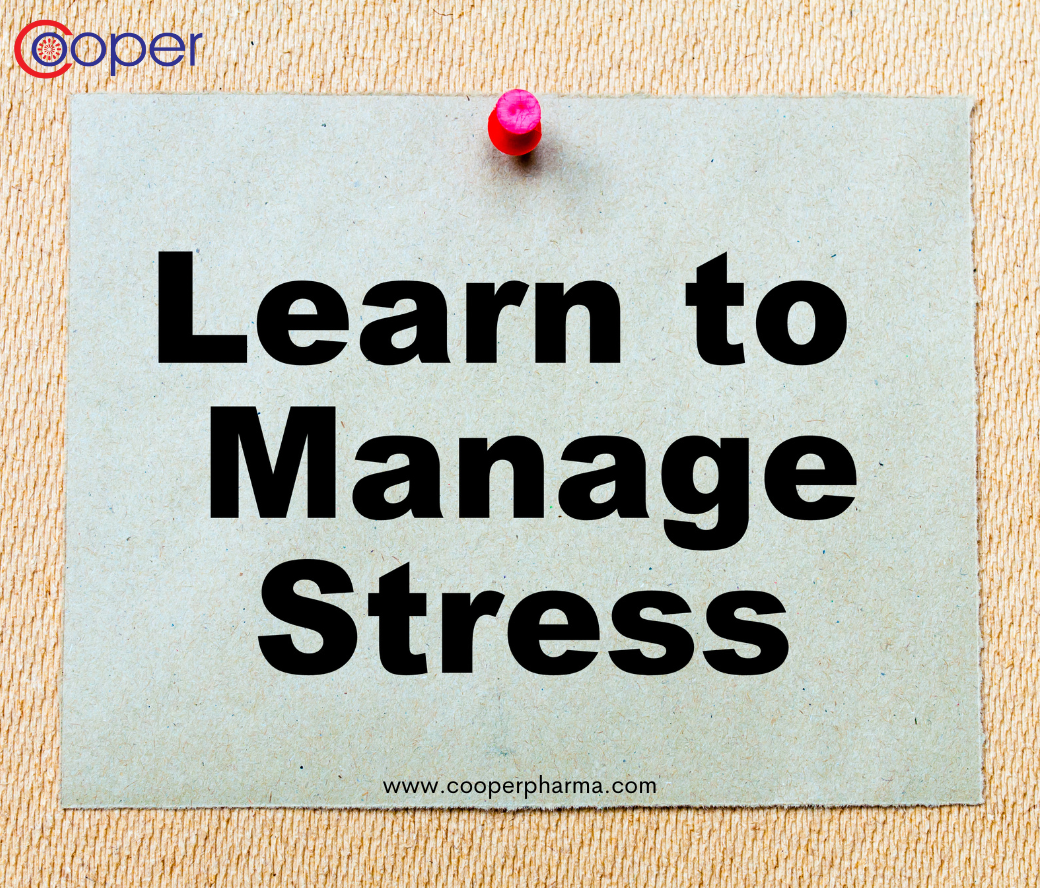
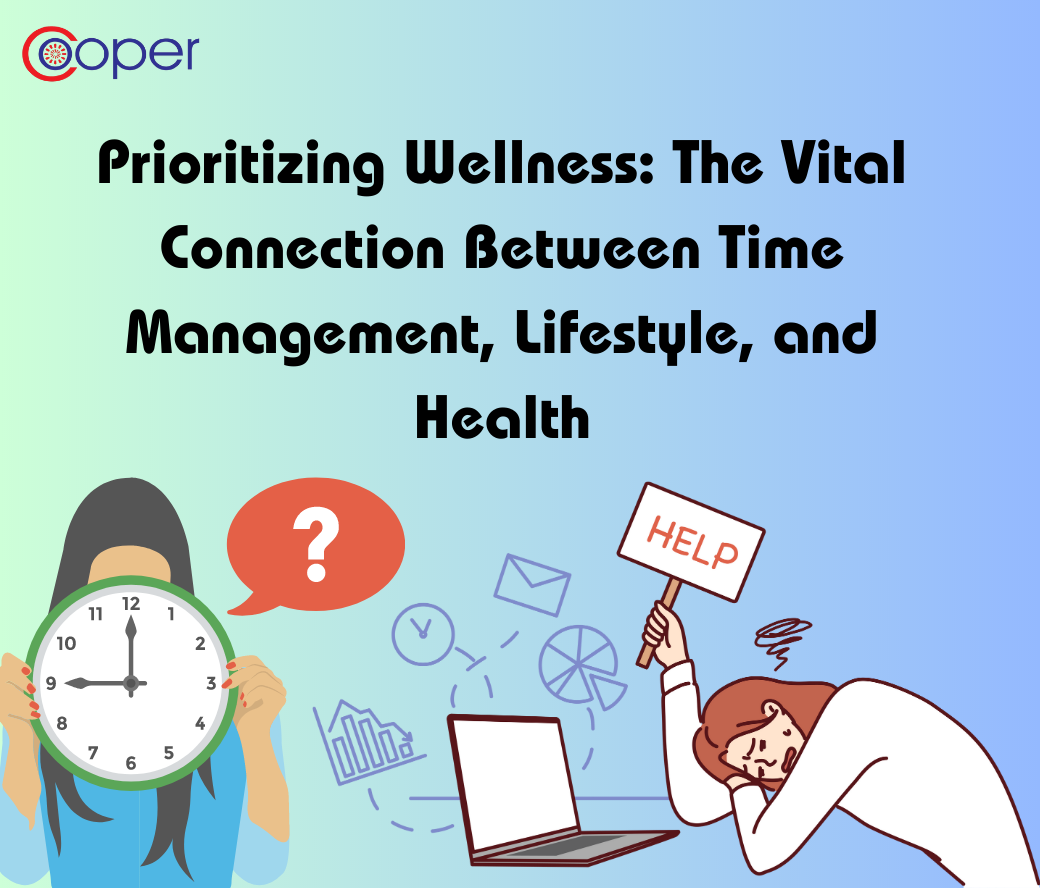

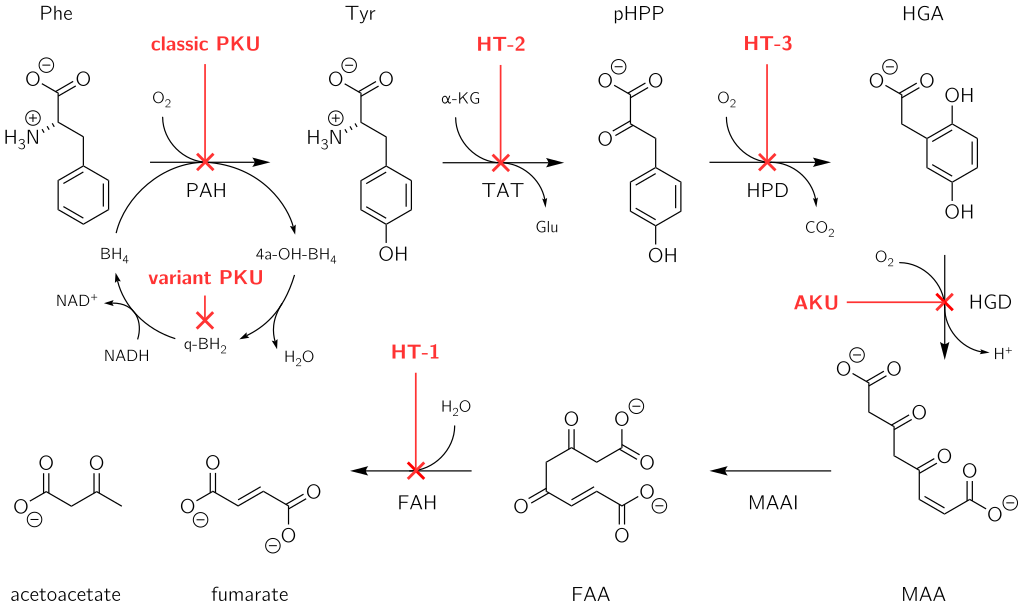

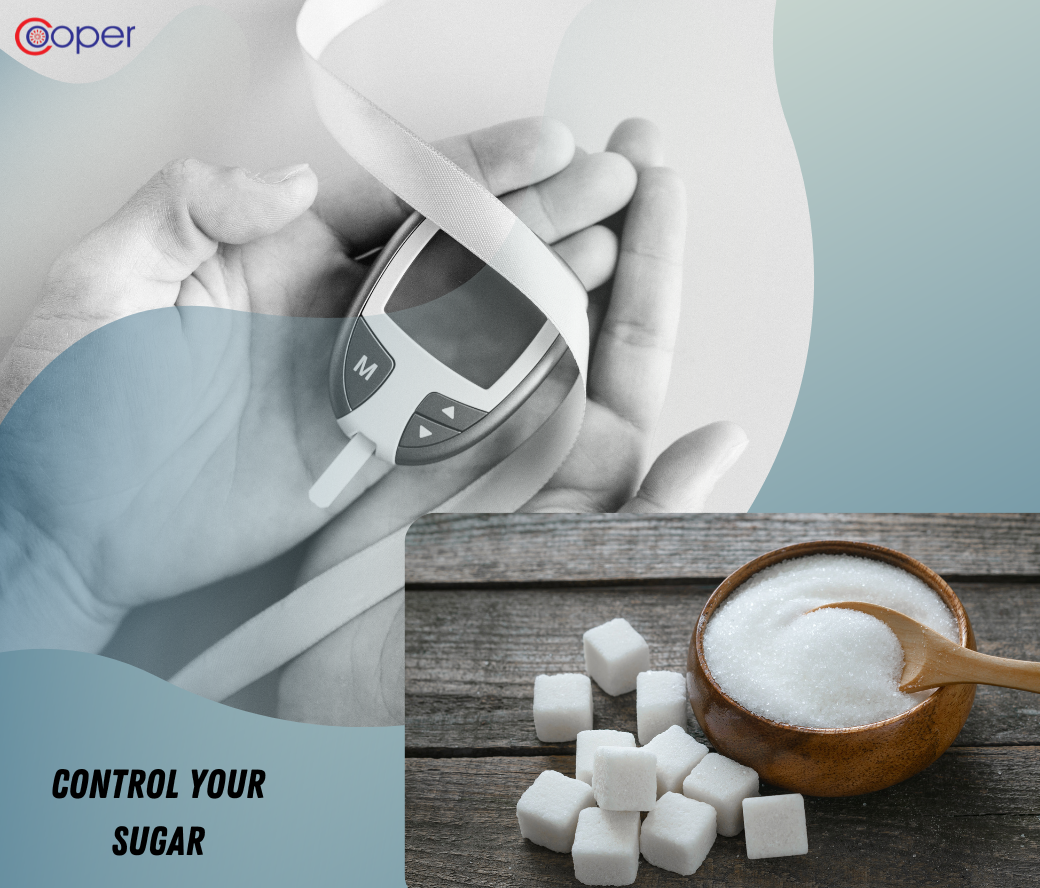


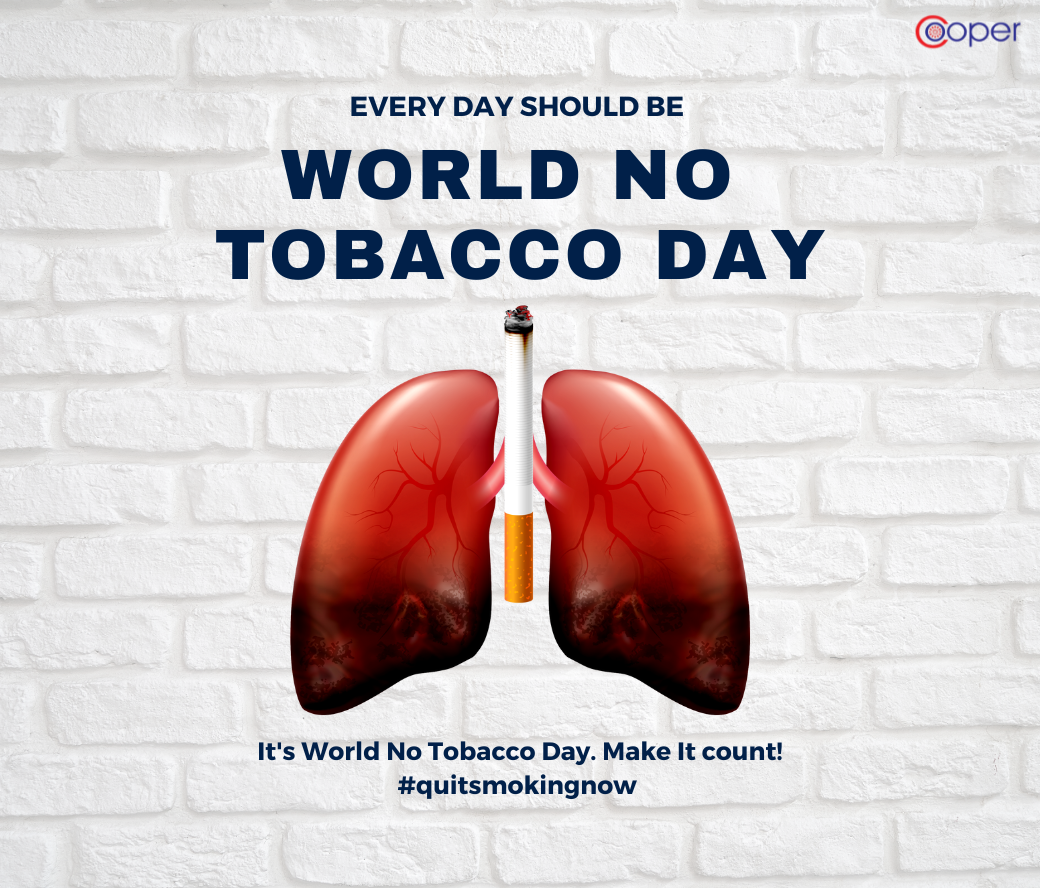

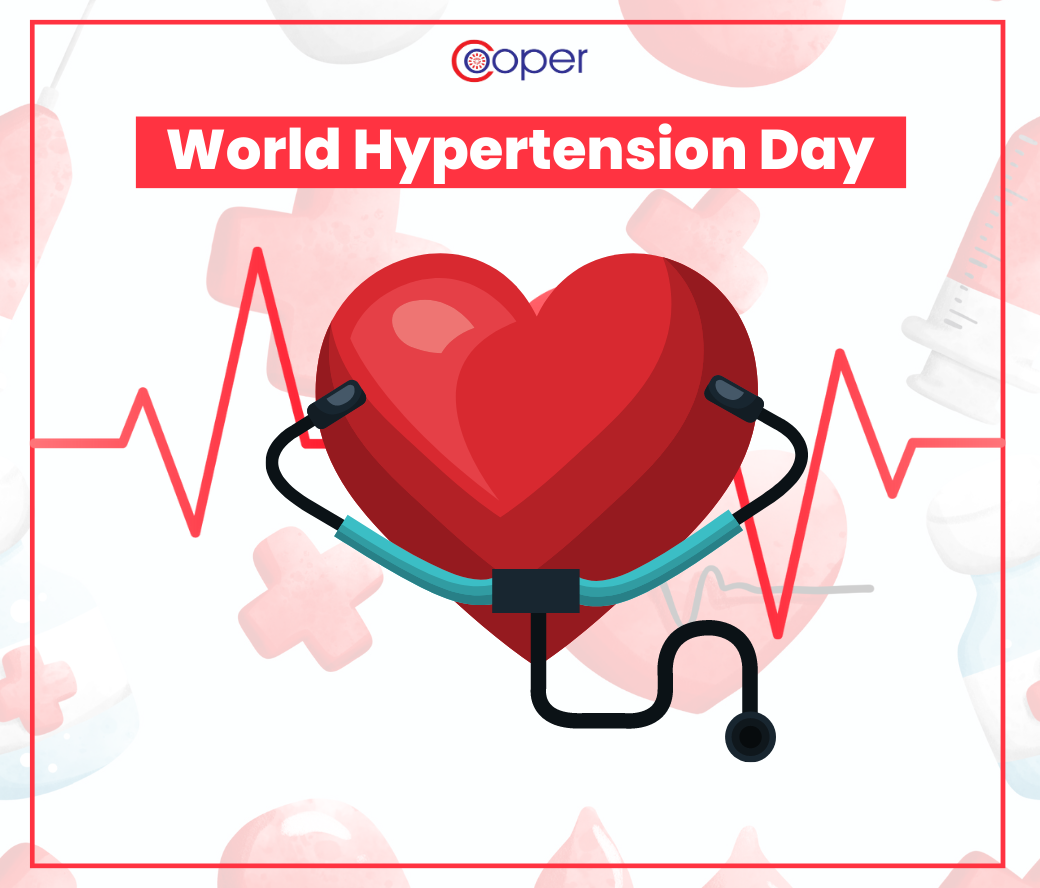
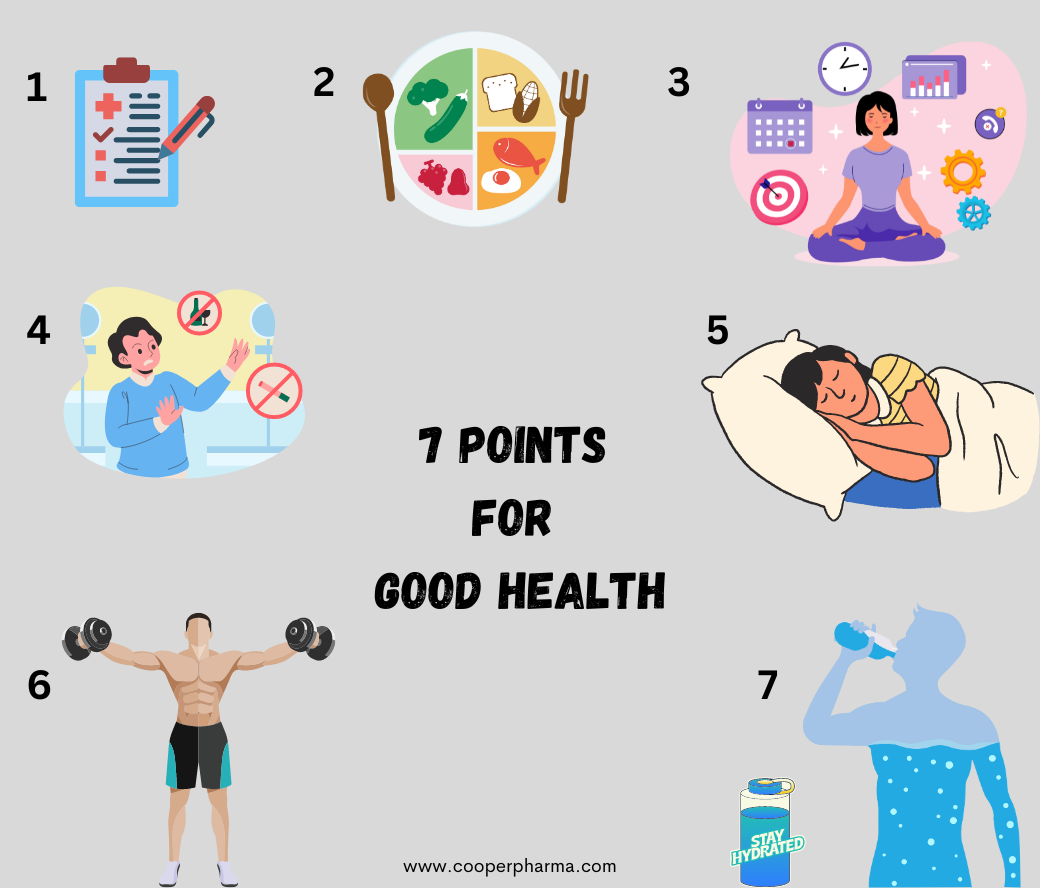

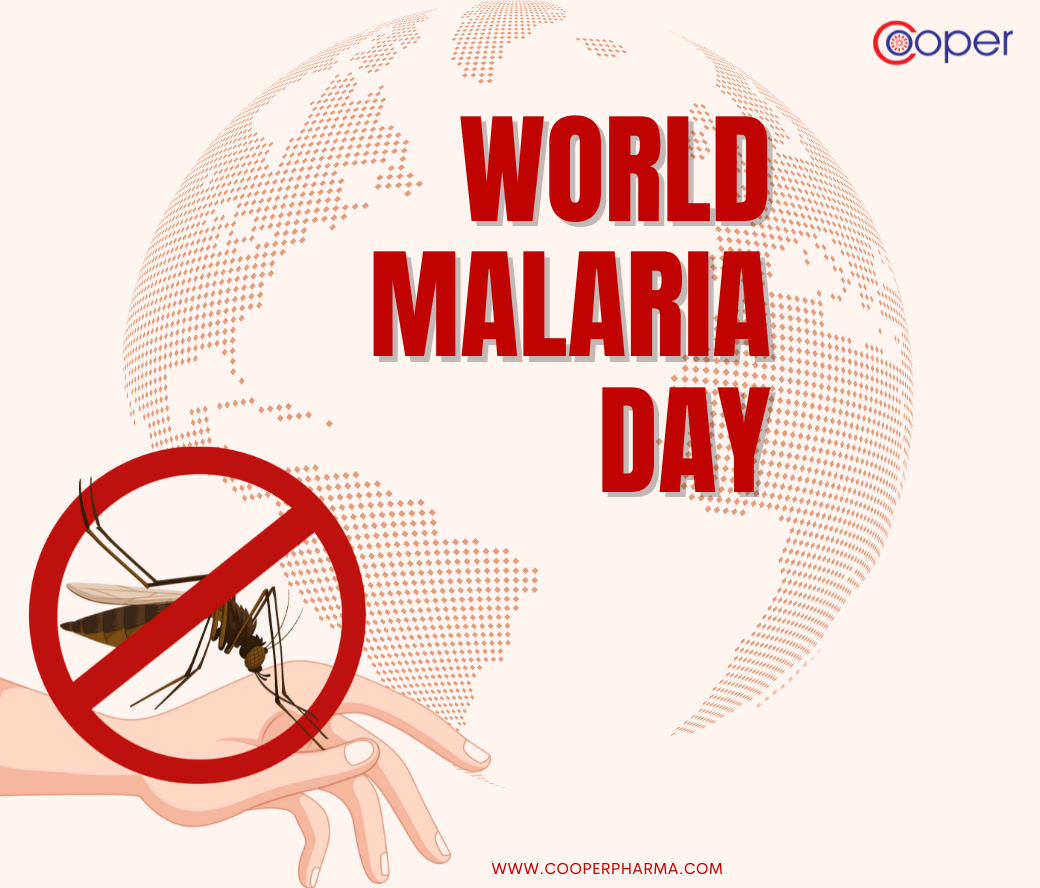



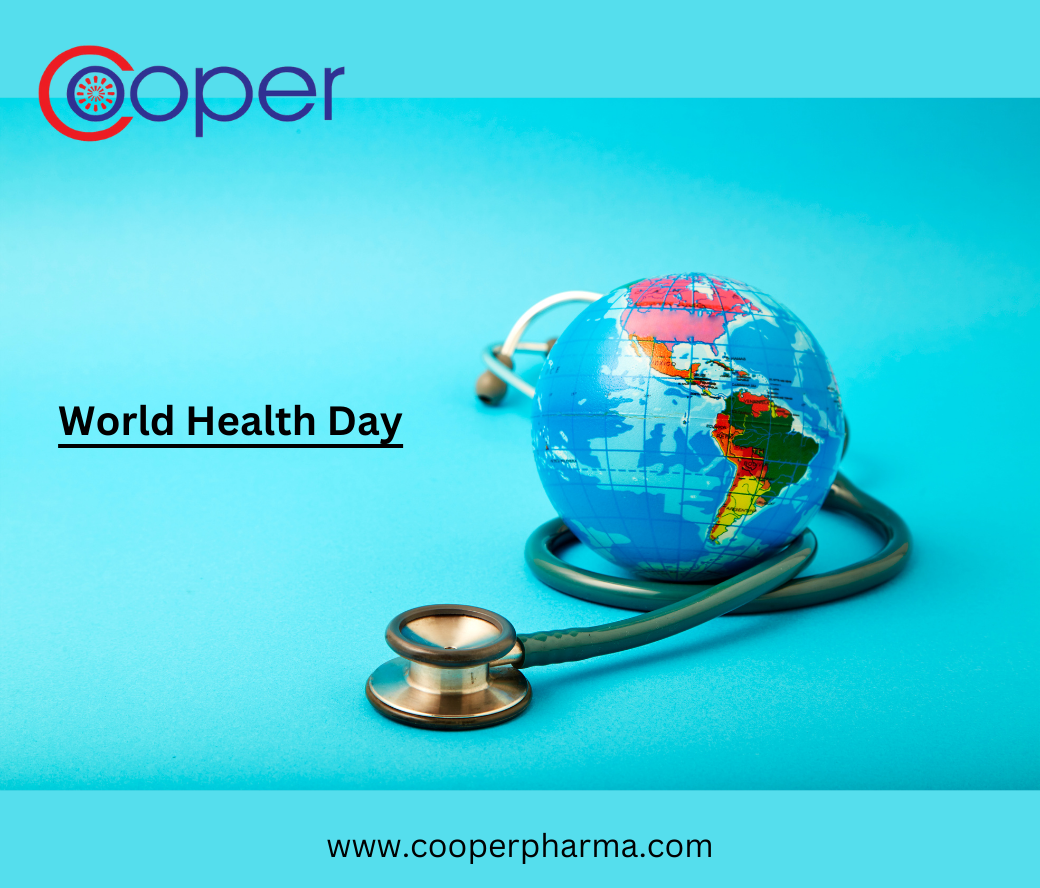
.png)

